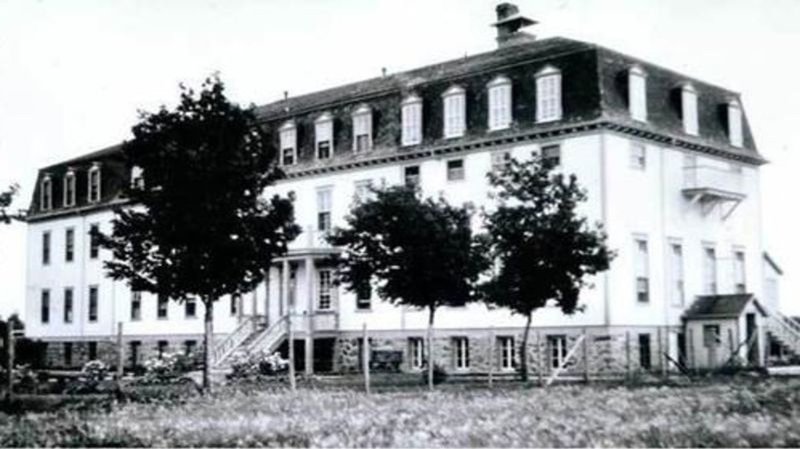
‘A crime’: Police investigating handful of cases looking at residential schools
A tally from police across the country shows there are four ongoing criminal investigations and one decade-long probe into complaints involving residential schools.
The Canadian Press contacted RCMP and other policing agencies across the country over the last two weeks.
The agencies said there are four ongoing investigations in Ontario, Saskatchewan and Yukon as well as a probe that began in 2011 into the Fort Alexander Residential School in Manitoba.
These investigations can be time consuming and difficult, but they’re an important part of reconciliation, said David Milward, a law professor at the University of Victoria and member of the Beardy’s and Okemasis First Nation in Saskatchewan.


